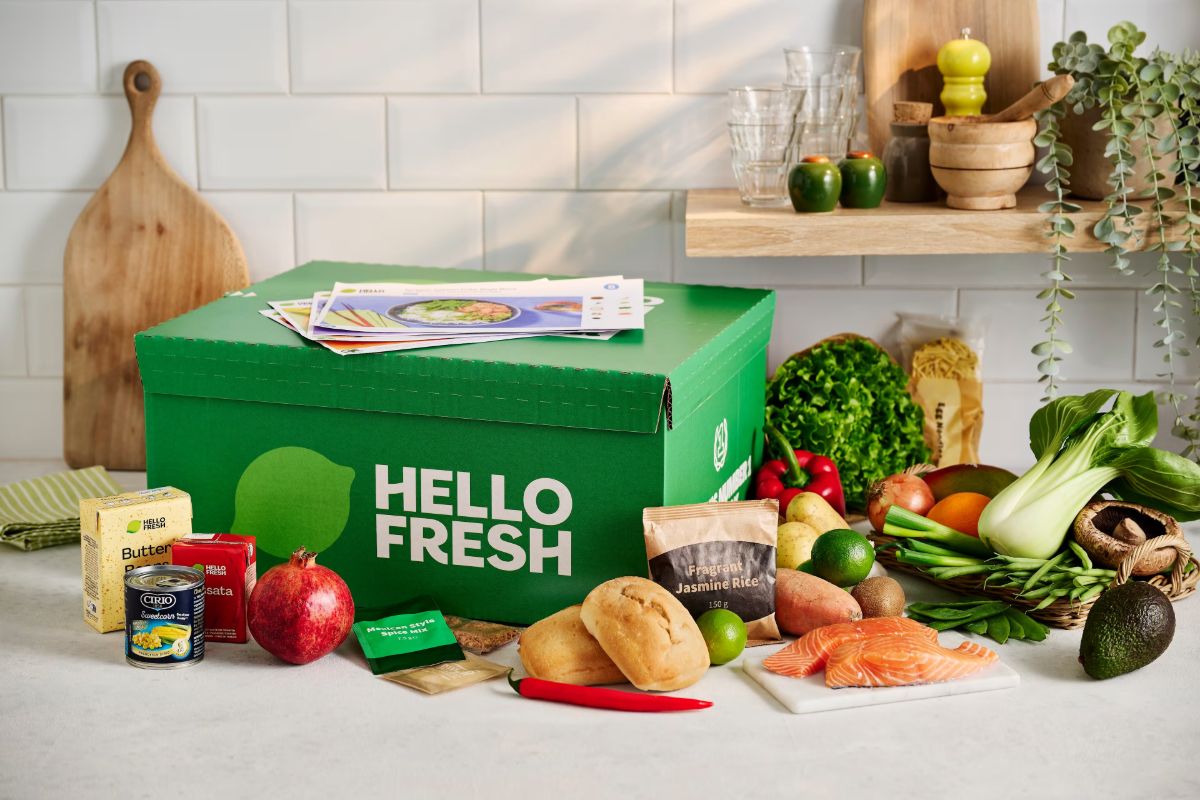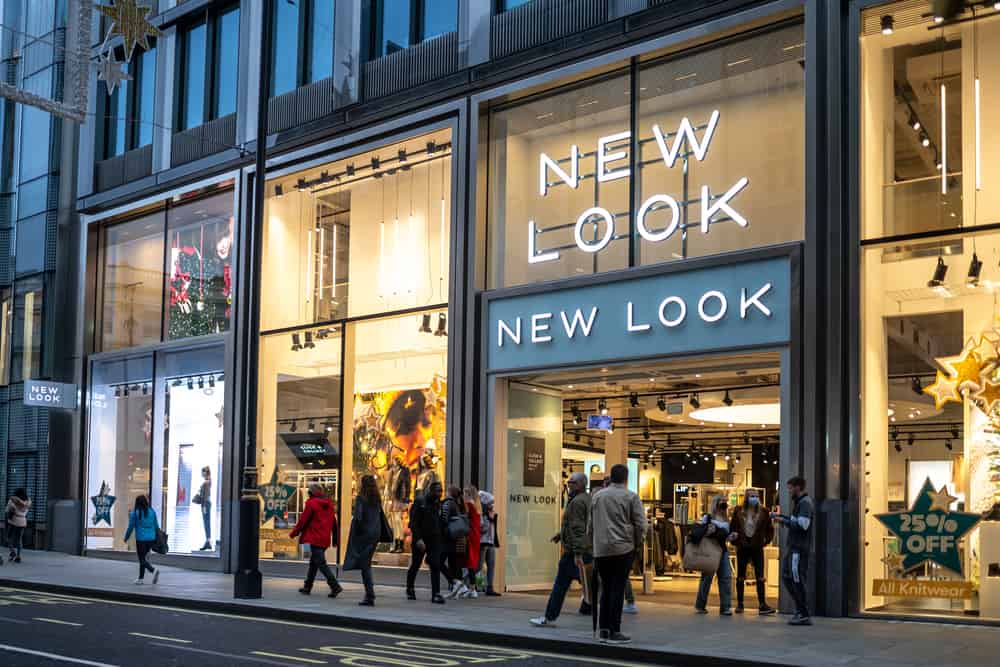The British retail sector, for all the well-publicised problems of companies such as House of Fraser, remains vibrant and innovative. It’s a market to which the rest of the world looks when searching for clues about how their own markets will develop in the years ahead.
In particular, multichannel retail is especially well developed in the UK, and this is reflected in the practice of the retailers that make up the Growth 2000. Here, it’s important to recognise we’re not just talking about those employing the same strategies of larger retailers. Rather, RetailX analysis of G2K retailers clearly reveals different kinds of retailers, ones with different priorities and different ideas about what constitutes success for them.
A brand seeking to establish an online ecommerce presence, for example, doesn’t necessarily want to gatecrash the Top500. Rather, its priority may be to gather information, to learn about customers directly rather than having that information filtered back via retailers. In contrast, success for a specialist retailer may involve being one of the leading retailers in its own field, trusted because its staff share a passion for a hobby or pastime with the company’s customers.
For other retailers, there may be an ambition to grow and even to become multinational companies – and here we would suggest that looking at techniques employed by foreign companies entering the UK market, some of which are included on the G2K, may be instructive.
But whatever retailers’ ambitions, we would argue that adopting the latest digitally driven techniques is now essential. For evidence, consider the retailers that, in terms of turnover, are in the next tier down. Your local hipster coffee shop/vintage emporium/record store creates a sense of being a destination by using Facebook to promote events, or Instagram to show before-and-after shots of the items it renovates for sale. It has strong contacts with indie record labels.
No, this may not be a scalable business in its current form, especially if the landlord raises the rent now that the store has helped to gentrify a hitherto scruffy part of the city, but its underlying emphasis on the customer experience is canny and, in its way, not so far removed from a brand such as John Lewis.
The overriding lesson here perhaps is that successful retailers, whatever their sizes and ambitions, focus on their customers, something RetailX research shows again and again. In the coming months, now that our initial research is concluded, we aim to highlight best practice in this sector through case studies, webinars and whitepapers.
In the meantime, we would love to know your thoughts here. Please email research@internetretailing.net or get in touch via our website, internetretailing.net.
KNOWLEDGE PARTNERS
InternetRetailing would like to thank the following Knowledge Partners for their original data as well as insight, advice and guidance in producing the IRUK Top500.






